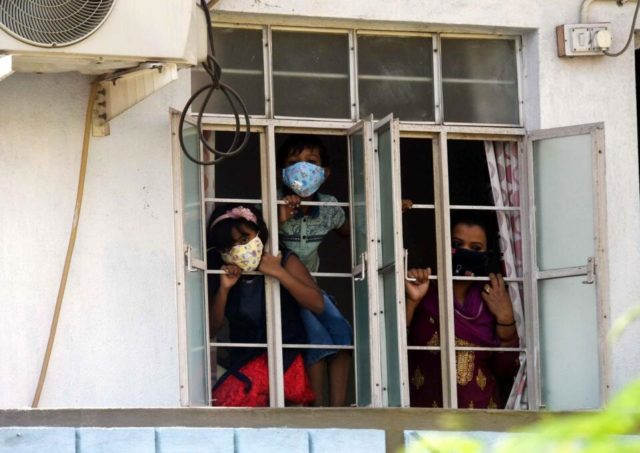Political analysts and economists weigh in on the national lockdown
Durban – Looting incidents in the Western Cape cannot be used to measure the attitude of South Africans towards the national lockdown, charity groups, economists and political analysts have said, as the possibility of the lockdown being extended looms.
Political analyst Thabani Khumalo said he expected the nation to become more compliant.
“When the (lockdown) announcement was made, people stockpiled everything they wanted – including liquor. At this stage people are starting to sober up to the fact that this virus has no borders and that something has to be done to defeat it. By the 21st day we will be mature and, even if the lockdown is extended by another week or two, we will sail through that period better than how we started the journey,” he said.
Khumalo said more police and army visibility was a solution to criminal elements.
A lack of respect for the law caused problems for South African citizens, said another political analyst, Protas Madlala. He said people had misunderstood the term “freedom” to the extent that they broke the law like they were doing the right thing, referring to the looting of liquor outlets. Madlala agreed that more soldiers and police should be deployed to arrest the situation.
Economist Professor Bonke Dumisa warned against “second-guessing” the government’s efforts to deal with the pandemic. He said discipline would pull the country through this challenge, adding that police visibility was needed to curb looting.
“The issue here is that there are many self-employed people who are sitting at home now, and they are yearning for an opportunity to get back to their jobs. Government is committed to flatten the curve, so it would be remiss to second-guess the efforts to deal with the pandemic,” he said.
The SA Food Sovereignty Campaign said the lockdown intensified food inequality and hunger.
Spokesperson Davine Cloete said: “While we commend the government for its decisive action on Covid-19, many people are as likely to die from hunger as from the spread of Covid-19 infection. Hunger is also going to be a trigger for social conflict. The lockdown makes the situation desperate and makes it difficult to get food to the communities in need.”
Cloete suggested that prices for essentials seemed to be increasing and there was a tendency to profit from those goods most needed during the lockdown.
SA Muslim Network (Smnet) chairperson Dr Faisal Suliman said conspiracy theories regarding the origins of Covid-19 were being used as justification for not adhering to the lockdown rules and social distancing.
“It’s devastating medical effects are clear for all to see. The end of the lockdown does not mark the end of the threat. We urge people, in your own interests and in the interests of the public, to please continue your efforts toward wearing masks, hand hygiene, social distancing and limiting any gathering to a small number of people, irrespective of any lifting of the lockdown,” he said in a statement.
Suliman said the economy was already stagnant before the Covid-19 pandemic hit.
“The reallocation of resources towards food, health, and other Covid-19 related expenses will take a toll on our people, the economy and GDP growth. The medium-term economic effects of the lockdown, which will only become evident towards the end of the present lockdown period, will continue and even be exacerbated, hence the continuous need for all of us to be generous, magnanimous and humane in our charity and volunteerism,” he said.
Suliman called on those involved in food, health, manufacturing of protective gear, sanitisers and other items not to charge inflated prices.
Daily News








